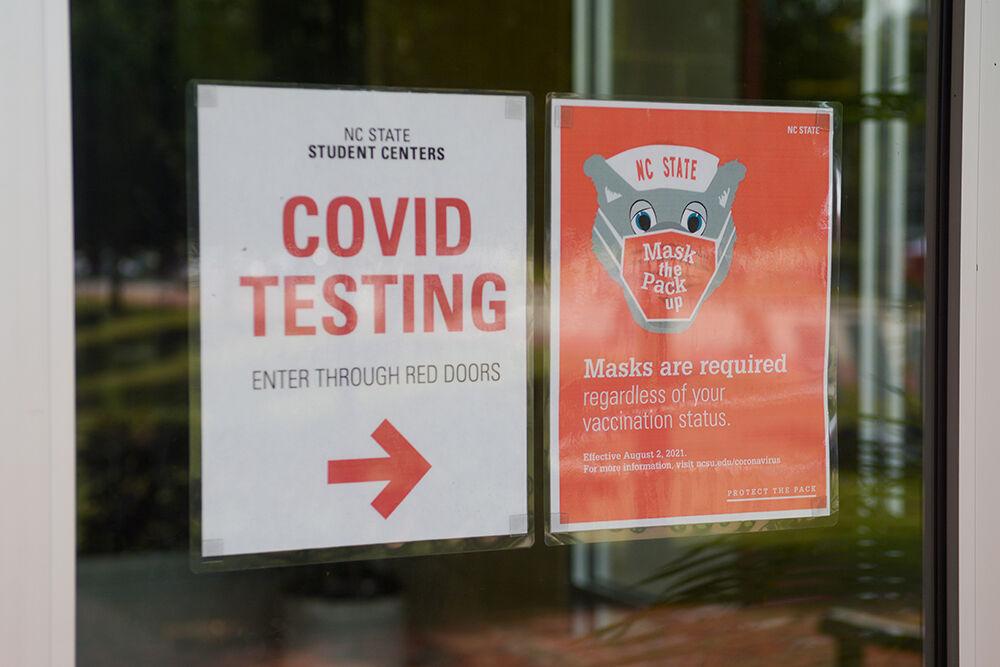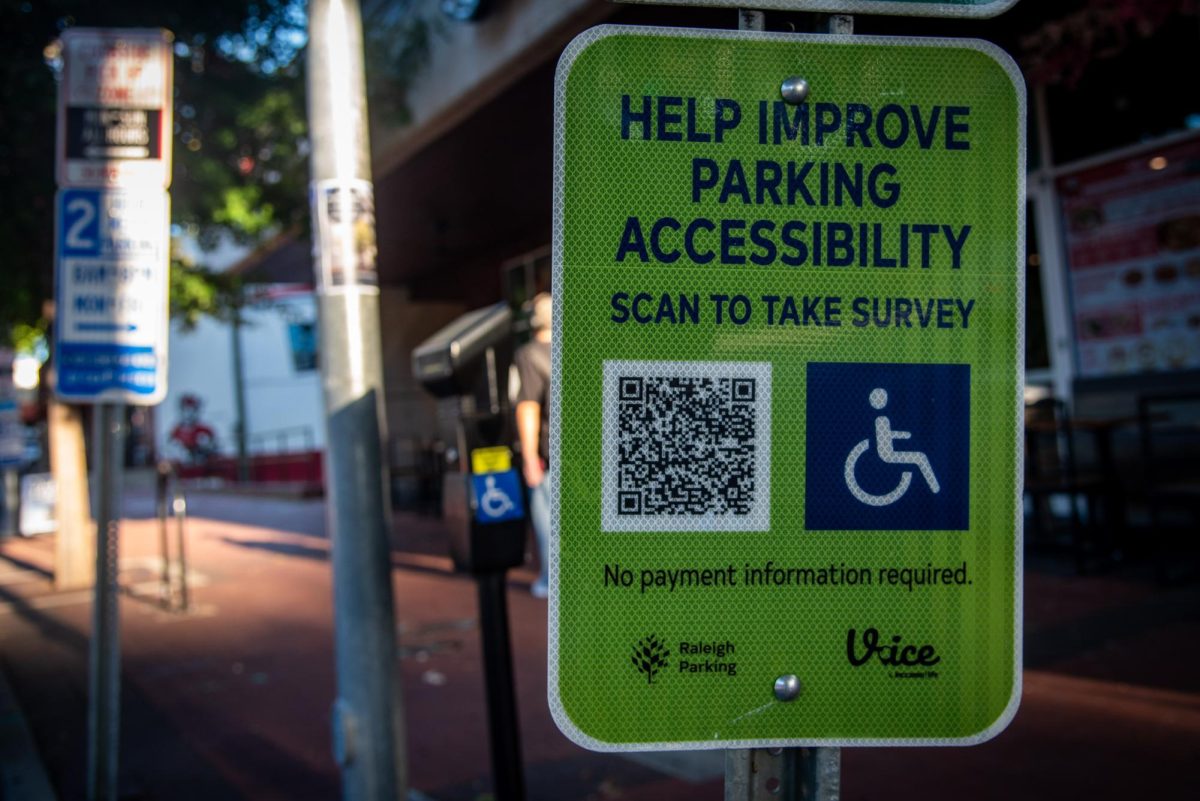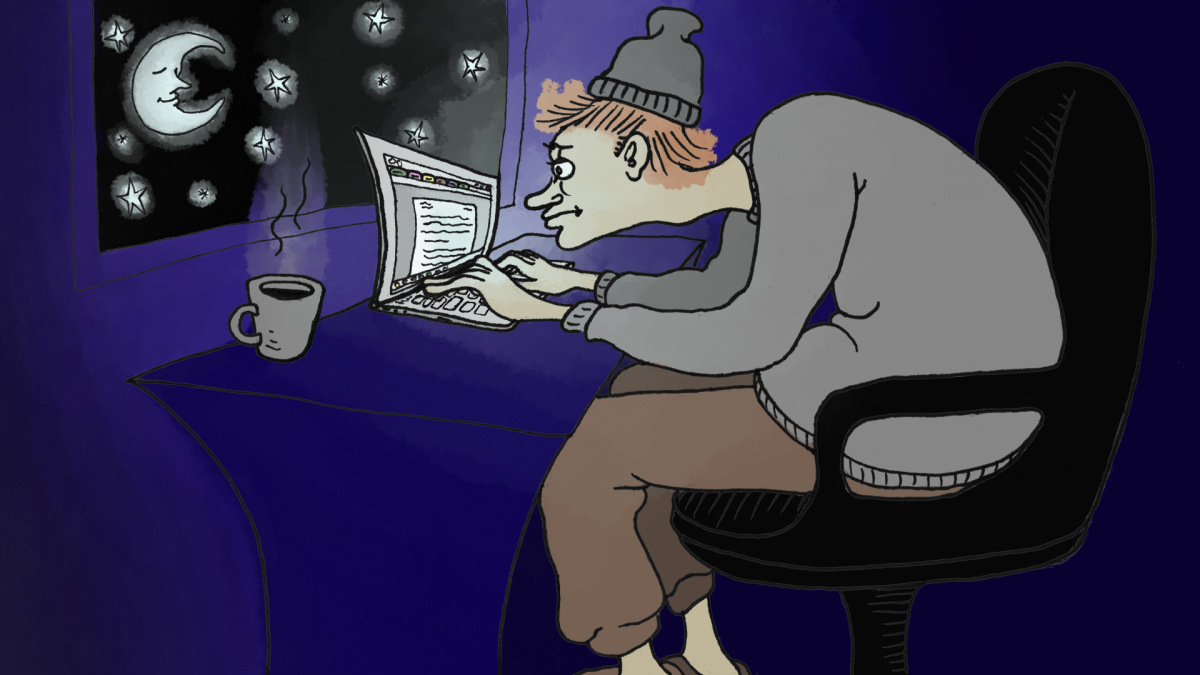University Housing is implementing a number of changes to curb the spread of COVID-19 throughout the upcoming fall semester, per the recommendations of the University Housing task force.
Among these changes is an extended move-in that will take place over 10 days—from July 31 to August 9. Students will be required to make move-in appointments in advance, and the appointments will last three hours each.
According to Donna McGalliard, assistant vice chancellor and executive director of University Housing and chair of the University Housing task force, students will be able to sign up for specific appointment times starting on July 6. During move-in, students are required to wear masks and will be limited to having two other people accompany them.
“All of these changes are an effort to control the number of people coming in and out of the buildings at one time and provide the opportunity for physical distancing,” McGalliard said. “Move-in will look a little different, but I think we will be able to afford people a good experience because of the extended, 10-day window.”
Even though there will be thousands of students living on campus next semester, McGalliard said she is confident everyone will be moved in safely within the allotted 10-day window. To deal with the great numbers of people, the University Housing task force is assigning more time slots to larger residence halls.
While McGalliard stressed social distancing is important, she also said University Housing does not have a concrete plan in place to enforce it during move-in, and they are currently working on those plans.
The task force also decided to maintain the freshman live-on requirement for next semester, in spite of potential risks tied to having more people on campus, but McGalliard said that University Housing will make the policy more lenient.
“One of the things we wanted to do was to ensure that people knew that they have a place with us,” McGalliard said. “Typically, we have a 10-mile radius from campus that you can live in—with your parent or guardian—and be exempt from the policy. This year, we have a 25-mile radius, and we’re just being more flexible in the review of appeals; students can appeal to not live on campus.”
McGalliard also said RAs will have to be trained differently to enforce COVID-19 safety guidelines throughout the year.
“Obviously, there will be a lot more things that’ll be virtual, and there will be a lot more things that have smaller groups of people together because there are guidelines related to how many people can gather,” McGalliard said. “That’s coming from the executive order from the governor, so we’re trying to follow those guidelines as well. It’s a work in progress right now. The RAs don’t move in until later in July, and that training will occur at that time.”
There will also be temporary, isolated housing units on campus for students who become exposed to the virus.
“We will have quarantine and isolation spaces available on campus, but we will first ask that students go home to do self-quarantine or isolation,” McGalliard said. “For the students who don’t have that available to them, these spaces will be available as a resource, but obviously, we have a limited number of those spaces, so it will be really important for students to make arrangements to seek care in a home environment or an off-campus location.”
McGalliard said these spaces are coming from the unused rooms that, under ordinary circumstances, are offered to waitlisted students. She expects specific rooms will be selected within the next few weeks.
The University Housing task force, according to McGalliard, is working with different departments including Environmental Health and Safety and Student Health Services to determine the best practices for preventing the spread of COVID-19 on campus.
Vincent Taylor, the housekeeping liaison from the Facilities division of University Housing, is a member of the task force, and McGalliard said Taylor recommended sweeping changes to how facilities in on-campus housing units are cleaned, which University Housing will be adopting. A major change will be the cleaning of high-touch surfaces several times a day.
The University Housing task force’s collaborative efforts also extend to the student body, other universities, off-campus housing complexes and some private companies.
“Melanie Flowers, the student body president, is actually on the housing task force; it’s been really helpful to have her voice representing a student perspective, ” McGalliard said. “If there is a person out there who wants to know about what any other campus is doing, we have talked to them. Companies have written and offered their services, and we’ve even talked to different off-campus properties to see what they’re doing and how the earlier start date impacts them. Every possible angle we feel like we have covered.”
For updates regarding University Housing for the Fall, click here. For all COVID-19 and emergency updates regarding campus reopening, click here.







